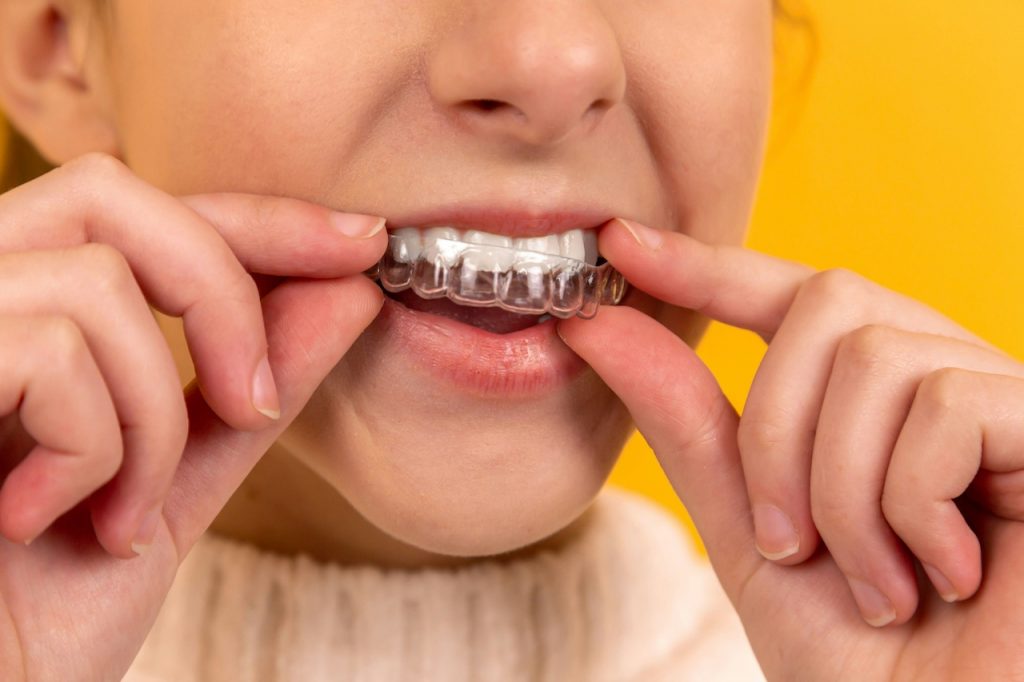Dental anxiety is common and can prevent people from getting the care they need. Understanding and managing this fear is crucial for maintaining oral health.
Understanding Dental Anxiety
Dental anxiety stems from various factors like past experiences, fear of pain, and feelings of helplessness. Recognizing the root cause is the first step toward managing it. For example, many people feel anxious due to a previous negative experience at the dentist. Understanding these triggers can help in finding the right techniques to address them. Source: Understanding Dental Anxiety
Techniques to Manage Anxiety
Several strategies can help:
- Communication: Talk to your dentist about your fears. Open communication allows your dentist to tailor the treatment to your comfort level, explaining each step to alleviate anxiety.
- Relaxation: Use deep breathing, muscle relaxation, and guided imagery. These techniques can calm your mind and body before and during dental visits.
- Distraction: Listen to music or watch videos during your appointment. This can shift your focus away from the procedure.
- Sedation: Consider options like nitrous oxide or oral sedatives. Sedation can help you relax and undergo dental treatments with minimal stress. Source: Managing Dental Anxiety
How Dentists Can Help
Dentists can create a calm environment and use gentle techniques. They can suggest sedation options and work with you to minimize stress. Dentists trained in managing dental anxiety can make the experience more comfortable by explaining procedures thoroughly and providing breaks if needed. Source: Dentists’ Role in Managing Anxiety
Tips for a Less Stressful Visit
- Schedule Wisely: Pick a low-stress time. For instance, choose an early morning appointment to avoid anticipation anxiety.
- Bring Support: Have a friend or family member with you. Their presence can provide comfort and distraction.
- Take Breaks: Ask for breaks if needed. If you feel overwhelmed, short breaks can help you regain composure.
- Use Mindfulness: Practice mindfulness or meditation. Techniques like these can help you stay calm and focused during the visit.
Long-term Strategies to Overcome Dental Anxiety
Overcoming dental anxiety takes time and consistent effort. Regular dental visits can gradually reduce anxiety as you become more familiar with the environment and procedures. Additionally, seeking professional help, such as therapy or counseling, can address deeper fears and anxieties. Cognitive-behavioral therapy (CBT) has proven effective in treating dental anxiety by changing negative thought patterns and behaviors. Source: CBT for Dental Anxiety
Role of Sedation Dentistry
For those with severe dental anxiety, sedation dentistry can be a game-changer. Sedation can range from mild sedatives taken before the appointment to intravenous sedation administered during the procedure. Discussing these options with your dentist can help you find the best approach to ensure a comfortable and stress-free experience. Sedation dentistry is particularly useful for lengthy or invasive procedures, making them more manageable. Source: Sedation in Dentistry
Visit Dr. Hank Barreto’s website for more advice and gentle care.


